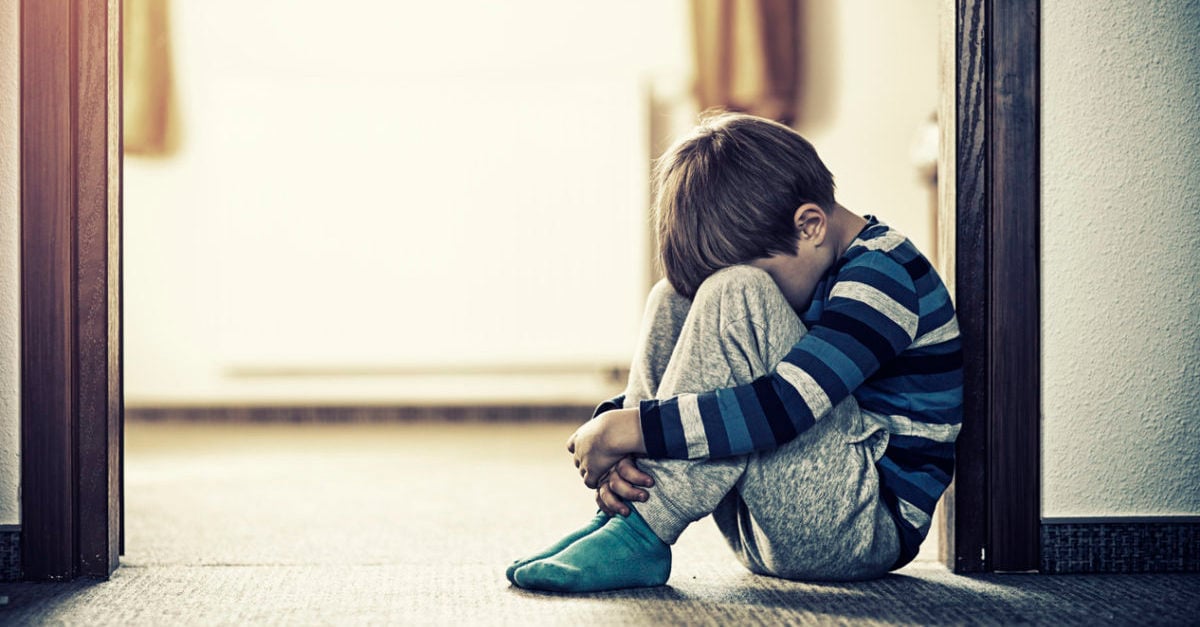Do you have a family member who is a lawyer, surgeon, chef, radio host or, ahem, journalist? Chances are you might be dealing with a high-functioning psychopath in the family.
Impulsive. Aggressive. Self-obsessed. Emotionally manipulative. Controlling. Just some of the character traits that a loved one can expect if they’re in a psychopath’s midst.
Determined to be in control, a psychopathic family member will, according to best-selling author David Gillespie, attempt to create “a cloud of emotional confusion” in an attempt to throw everyone off balance. They are expert manipulators, who will say what we want to hear in order to obtain more power – of any kind – for themselves because “moment to moment, a psychopath is concerned about what gives them more”.
A psychopathic family member will be the one taking two scoops of ice-cream when everyone else is having one or stealing money in their role as the banker when playing a light-hearted game of Monopoly.
But what happens when a psychopath has a child?
According to David Gillespie, the author of Sweet Poison: Why Sugar Makes us Fat and his new book Taming Toxic People: The Science of Identifying and Dealing With Psychopaths At Work and At Home, “to a psychopath, a child is nothing more than a dog that needs to be disciplined because it’s not performing as required”.
Listen to David Gillespie talk to Mia Freedman about what happens when a psychopath has a child. Post continues below.
To a psychopath a child is merely a possession and they should expect to be treated as such.


Top Comments
I saw an interview with him, and did not agree when he called Mother Theresa a psychopath. Picking on the dead is easy, they can't reply, and I'd like to see him do what she achieved, getting dying people off the streets.
It was easy. Those axes hidden in the laundry cabinet were a dead give-away.